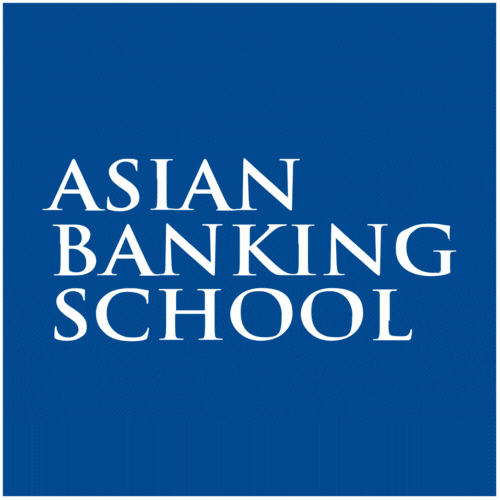

per participant
* Fee includes all training activities and materials, lunches during training days, special dinners, social programme and accommodation (from 21 – 27 September 2025) based on single occupancy. It is not inclusive of any applicable taxes.
This course explores the intersection of financial technology (FinTech) and the emerging era of general artificial intelligence (Gen AI). Students will learn about the transformative impact of AI on financial services, and the future of finance in a world where AI is pervasive.
Share Tsinghua University's century-old history, its significant achievements in education, scientific research, culture, and the development of its trinity education philosophy and internationalisation.